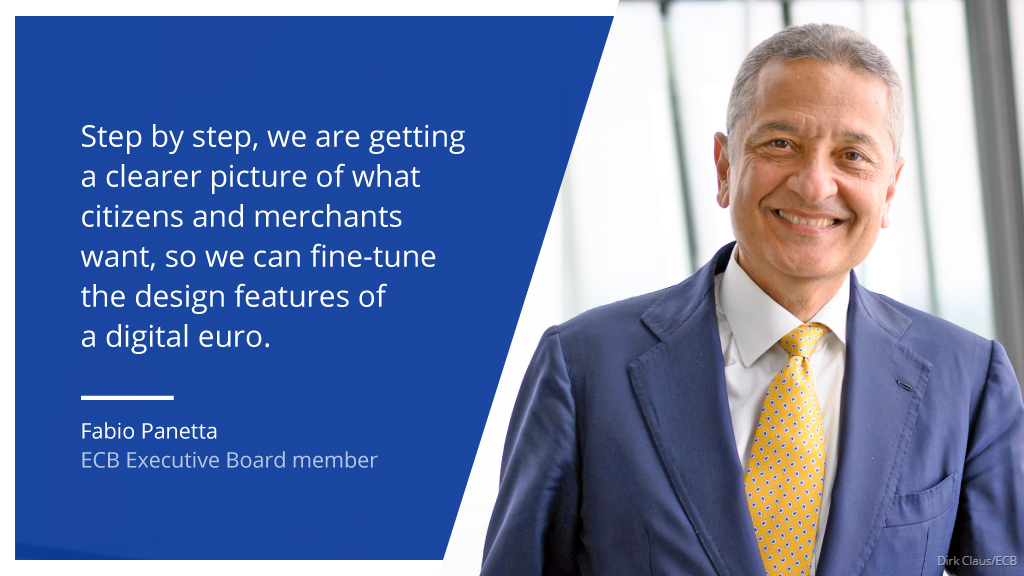
🧵 How much less will people consume in response to the recent increase in energy prices? After a period of recovery following the pandemic, the rise in commodity prices since last summer has affected people’s spending plans ecb.europa.eu/pub/economic-b…
#EconomicBulletin
1/4
#EconomicBulletin
1/4

Exposure to fluctuating energy prices differs across income groups: the less people earn, the bigger the impact of higher prices. Poorer households spend a large percentage of their income on energy, meaning they are particularly affected by rising costs
2/4
2/4
Targeted fiscal policies can play a key role in supporting those most affected. According to our Consumer Expectations Survey, people with higher exposure to changing energy prices are more likely to feel a need for governments to buffer the impact of increasing costs
3/4
3/4
The sharp increase in energy prices has also significantly affected import prices and led to a deterioration in the euro area terms of trade.
Want to find out more? Read our #EconomicBulletin ecb.europa.eu/pub/economic-b…
4/4
Want to find out more? Read our #EconomicBulletin ecb.europa.eu/pub/economic-b…
4/4
• • •
Missing some Tweet in this thread? You can try to
force a refresh









